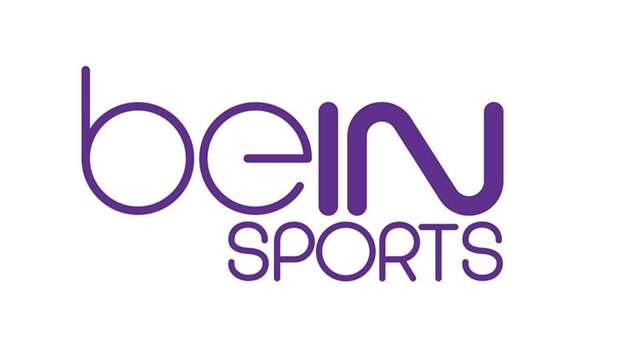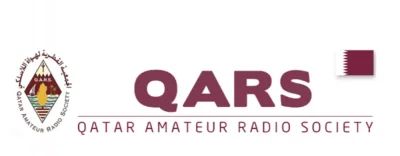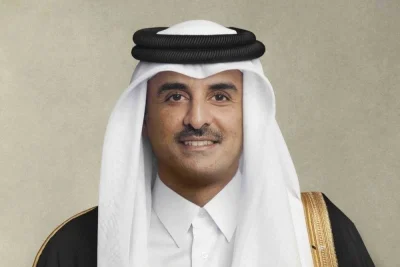Millions of football fans in Saudi Arabia face missing seeing their country playing the opening World Cup match against hosts Russia on TV due to a diplomatic row.
A £25mn deal being negotiated between sports bosses in Riyadh and the beIN TV channel, based in Qatar, has broken down with just days to go before the tournament kicks off.
It happened after the Saudi Sports Authority refused to negotiate directly with beIN representatives due to the year-long dispute, and instead asked FIFA to do so on its behalf.
But with no deal in sight millions of soccer fans face the prospect of being unable to watch the game legally in the comfort of their own homes.
Instead they will have to venture out to public places, like restaurants, or friends’ houses, where the matches are illegally either being live-streamed off the Internet or viewed via pirate broadcasts.
beIN Sports owns the rights to broadcast all 64 games of the World Cup and had been negotiating with the Saudis for them to transmit the opening and closing matches as well as 20 others in between.
A spokesman for beIN said: "We have been doing everything we can over the past few days and weeks to agree a sub-licensing deal in Saudi Arabia. While there were preliminary discussions, there has been no agreement on price, or indeed any of the main terms of sub-licence, by Saudi Arabia."
Saudi Sports boss Turki al-Sheikh claimed it was Qatar who had pulled out of the £25mn FIFA-brokered deal to show the games.
But sources insisted beIN was not playing politics with the deal and pointed to an eleventh-hour agreement it had just reached with another rival, the United Arab Emirates, to show the whole tournament.
Last June Saudi Arabia, the UAE, Bahrain and Egypt launched a diplomatic and transport blockade of Qatar accusing it of cosying up to Iran and supporting terrorism, which Doha denies.
Relations later deteriorated when a Saudi-controlled TV station began pirate broadcasting beIN sports events, operating as ‘beoutQ’, despite the Qatar station spending a fortune on broadcasting rights.
This led to Qatar last month asking FIFA to take legal action against the bootlegging network which it claimed had been using a signal from Riyadh-based satellite provider Arabsat to illegally transmit broadcasts since October.
Despite the year-long Saudi-led blockade and the piracy row the Qatar channel on Friday was insisting that it was still open to deals, even with its sworn enemies.
But so far its approaches towards its potential Saudi customers have not been responded to.
The beIN spokesman added: "As has already been indicated to all parties, beIN remains absolutely open and available to discuss the sub-licence broadcast of FIFA World Cup 2018 matches – which beIN has the exclusive rights to in the Middle East and North Africa region – at any stage with any party. beIN has been very grateful for FIFA’s ongoing assistance on this matter".



